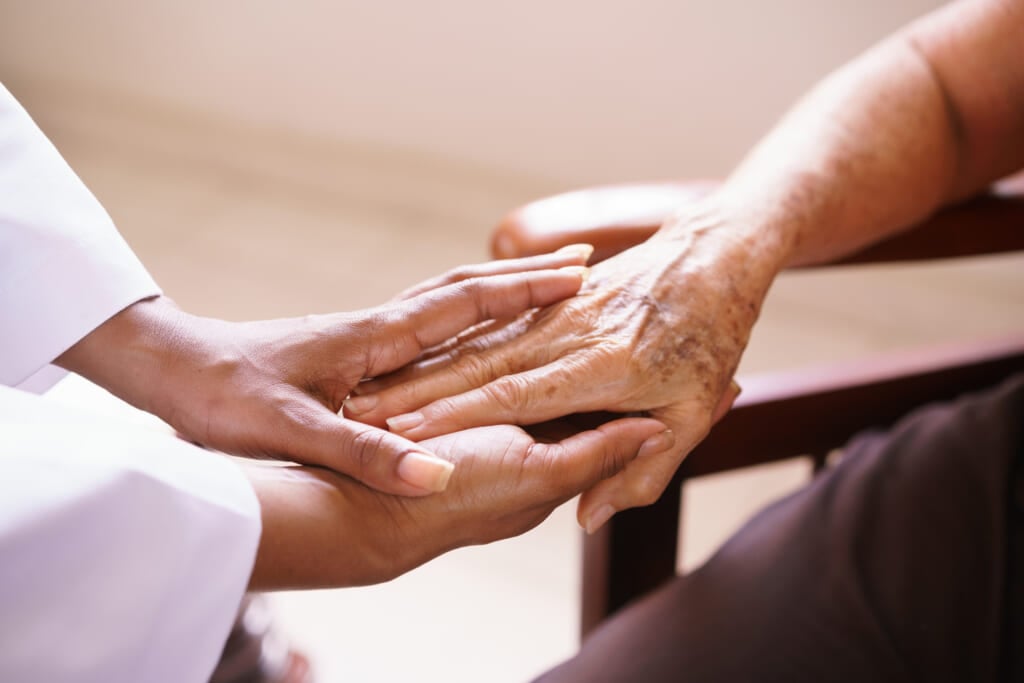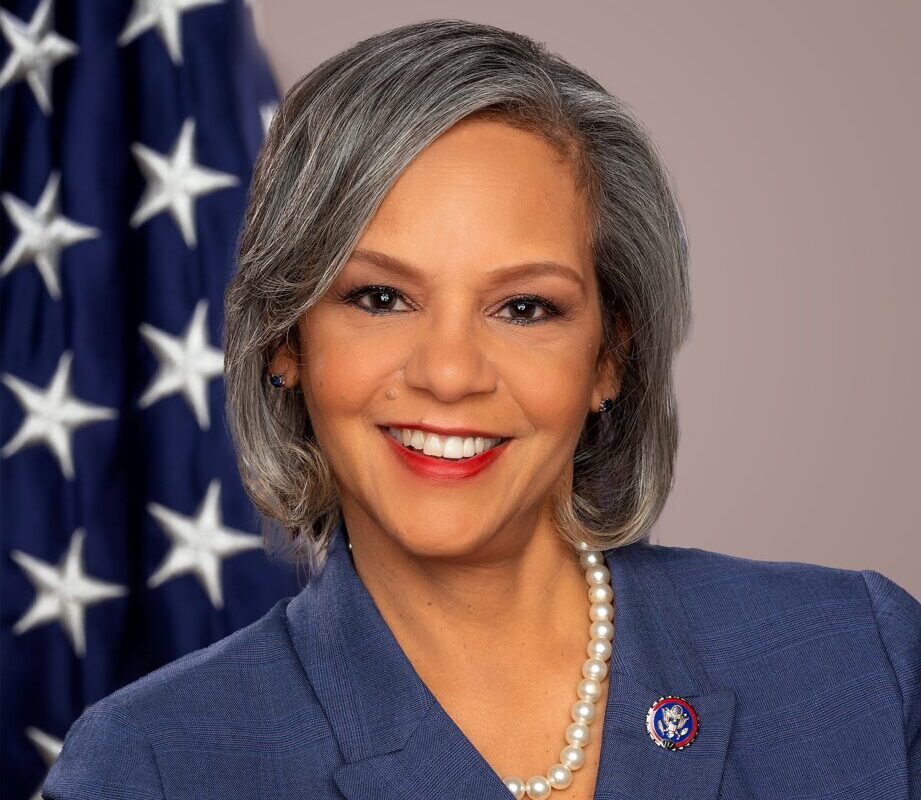Congresswoman Robin Kelly: Investing in home care is investing in Black women
OPINION: We all know a Black woman who has stepped up to care for their family, sacrificed for others or put themselves last.

While the economy is slowly recovering from the pandemic, the economic disparity for women of color remains. This is particularly true for Black women. A recent report shows that Black women need to work until age 83 to earn what white men earn by age 60. This points to an urgent need to make sure our society and economy supports those who are too often left behind, and it starts with Black women.
Through my own lived experience and as one of the few Black women members of Congress, I understand the challenges Black women are facing. I’ve seen and felt how our economy isn’t designed to work for women like us. Changing that reality starts with advancing ideas to support Black women and, in turn, delivering progress for the families and entire communities.
Take home care for example. Ten thousand people are turning 65 every day in our country, and the need for skilled caregivers has never been more urgent. That workforce that cares for seniors and adults with disabilities in our communities is 87% women and 62% people of color. Fueling new jobs that pay a living wage and give these workers a voice to advocate through organizations like SEIU would lift up the Black and Latina women, who do the majority of home care work both in my home state of Illinois and across the nation.

I’m thinking of people like Elaine Walker, an Illinois home care worker who cares for her two adult daughters who both have cerebral palsy. Both daughters are verbal and enjoy being active in their community but have very limited mobility. As their caregiver, Elaine helps them bathe, dress, eat, brush their hair and attends to all their day-to-day needs.
Elaine has seen firsthand how these women can thrive with attentive, compassionate care at home, as opposed to spending their days in a facility with people they don’t know. Home care provides them a sense of being and belonging. It makes them feel included, not discarded.
Elaine’s story is shared by so many women, especially Black women. We all know a Black woman who has stepped up to care for their family, sacrificed for others or put themselves last. The system wasn’t built for us, as history has shown, and home care work proves the point.
For generations, home care work has been characterized by low-paid, precarious jobs with little opportunity for advancement. Caregivers have been carved out of labor law, denied protections, a voice on the job or livable wages.

In my home state of Illinois, the median hourly wage for home care workers is $11.62, with median annual earnings of just $15,500. Nationally, 17% of home care workers live below the poverty level, and more than one in two workers relies on some form of public assistance to get by. It’s no wonder that there’s a chronic shortage of home care workers: most people can’t afford to do this important work.
Yet, across the country, the need for home care workers has never been greater. Caregiving is the fastest-growing sector in America. Nationwide, we’ll need to fill 4.7 million home care jobs by 2028. But we’ll never meet that need if we maintain the status quo, where the women of color who care for our communities are underpaid, underprotected and not given the respect they deserve.
We can transform lives by investing in women and our communities. The scale of the crisis we face is daunting, to be sure, but by investing in home- and community-based care through the Build Back Better Act, we can create more home care jobs. We can transform them into living-wage jobs with the opportunity to join a union, receive training and build a career. And not only can investing in home care fund good jobs, it will also expand access to care for millions more people, allowing working families to worry less about how their loved ones will get care.
As a nation, we need to support the women who have been there for us. Black, Latina, Asian, Indigenous and immigrant women have always cared for our nation, and they put everything on the line to get us through COVID-19. Now, it’s time to show up for them.

Congresswoman Robin Kelly represents the 2nd congressional district of Illinois. Since being elected to serve the 2nd Congressional District in 2013, she has worked to expand economic opportunity, community wellness, and public safety across the state, championing numerous initiatives to generate job growth, reduce health disparities, and end gun violence.
Have you subscribed to theGrio’s “Dear Culture” podcast? Download our newest episodes now!
TheGrio is now on Apple TV, Amazon Fire and Roku. Download theGrio.com today!

